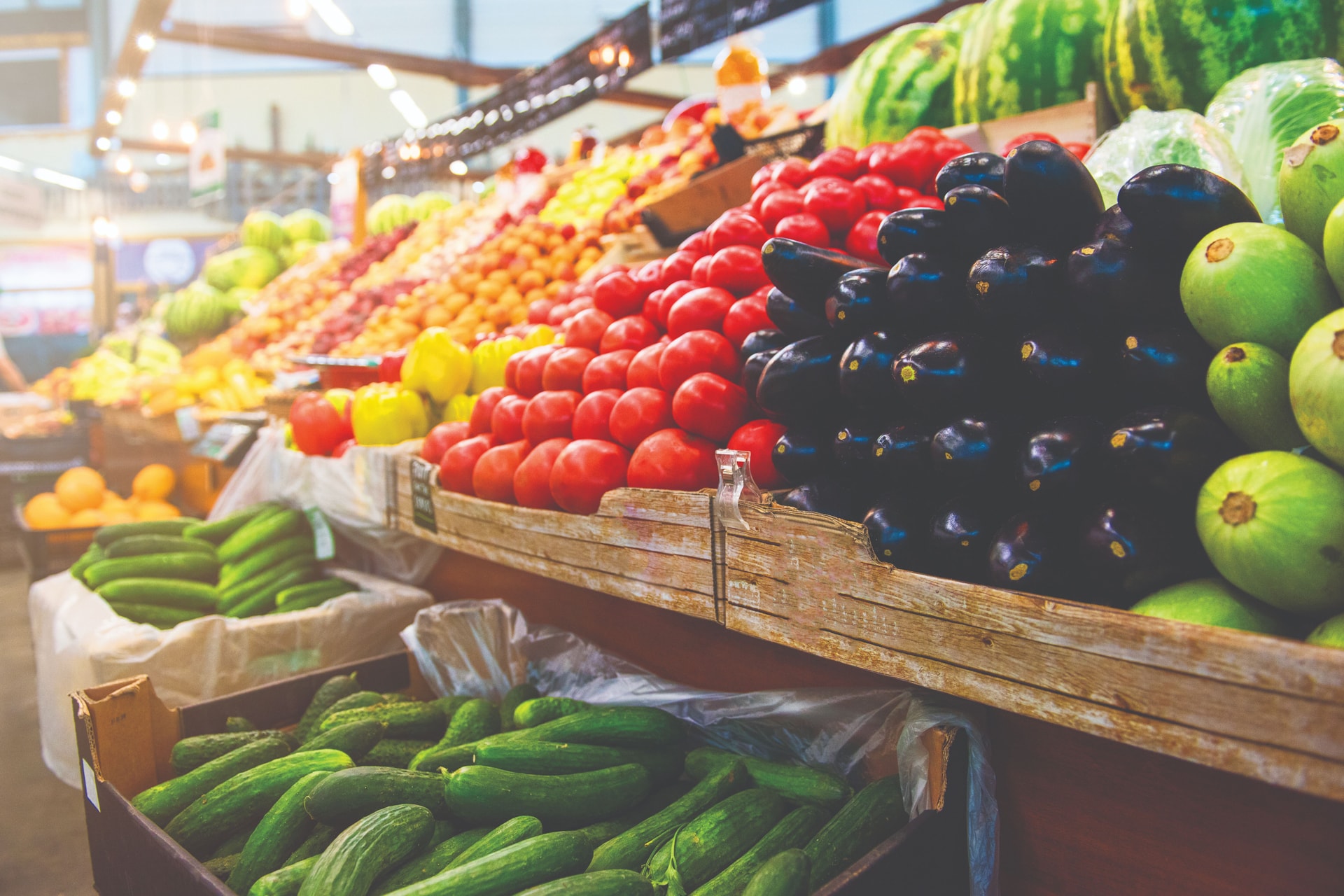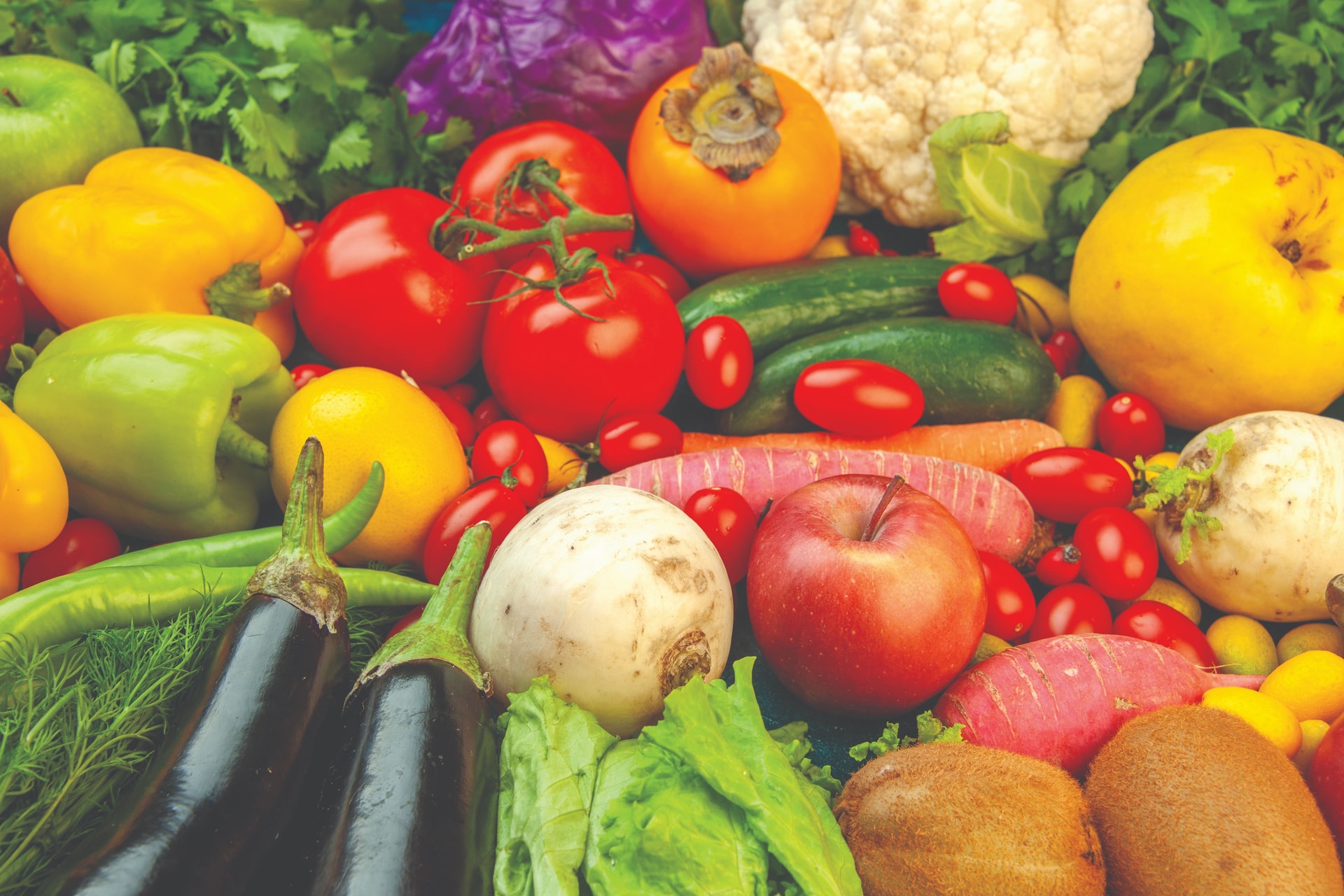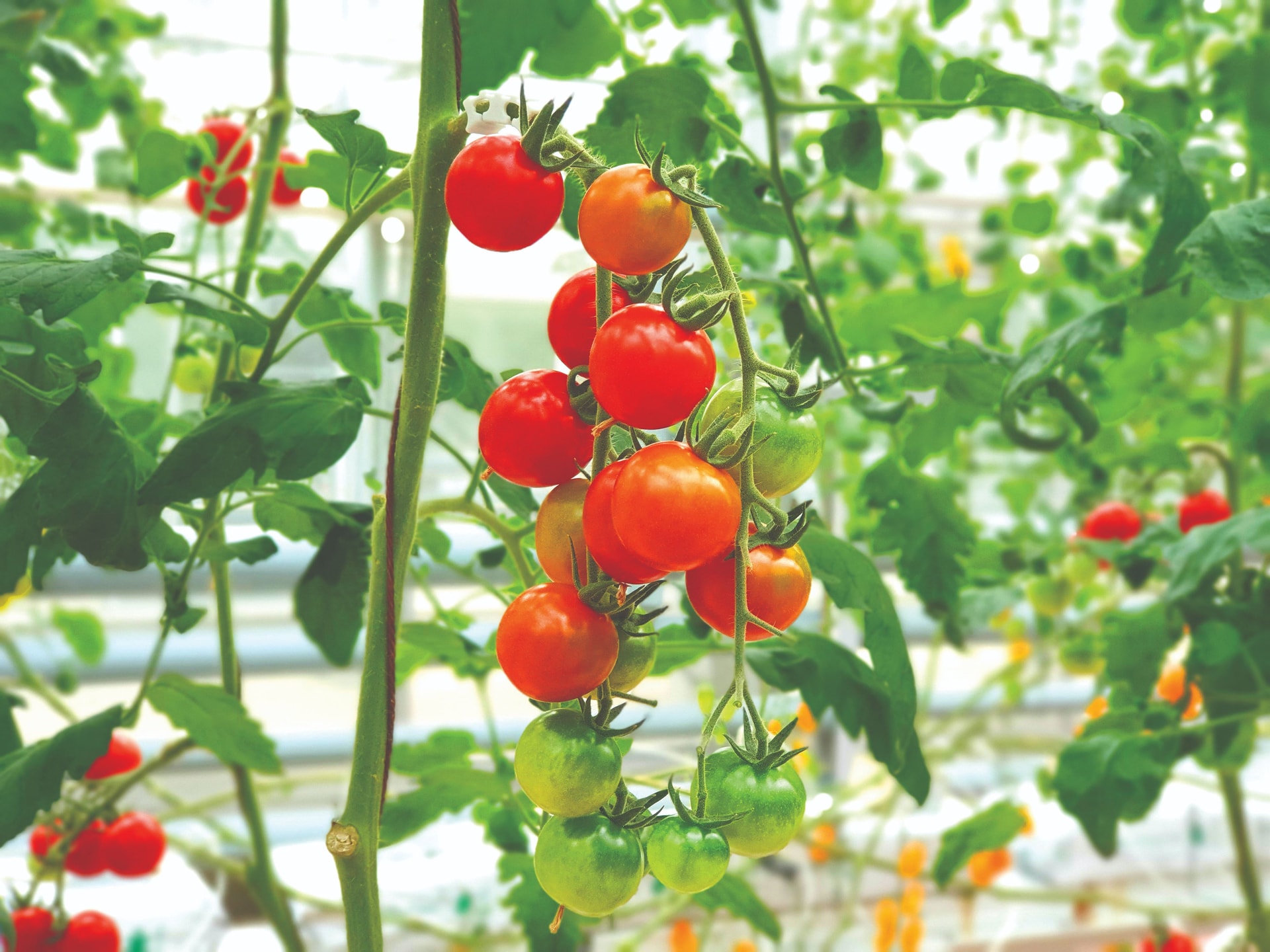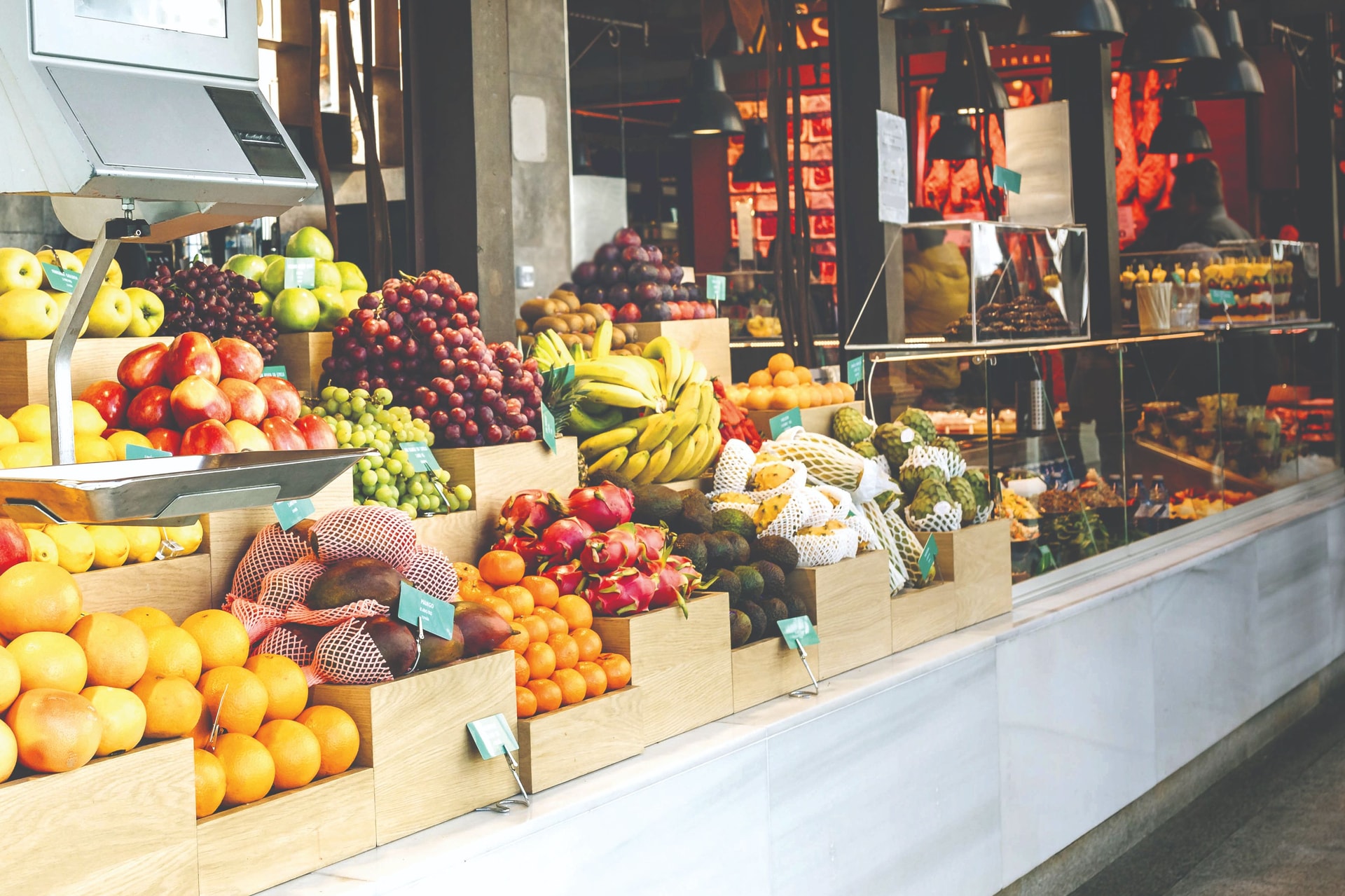Vietnam's agriculture sector and the proverb: "It should be profitable when doing business"
English - Ngày đăng : 09:16, 09/09/2022
How to make farmer not leave their farm lands, avoiding such bad results they used to deal with in the phase 4 of the COVID-19 pandemic we knew. This is the big question for the whole political system from the Central to local authorities, not for merely the sector of agriculture and rural development. And it is not for farmers to find the answer themselves.

Our ancestors have left priceless spiritual legacy, including a treasure trove of proverbs. Although they are only in rhyme form, orally passing down from generation to generation. They are valid comments and conclusions. Science today has proved their correctness.
Rhymes (folk verses and proverbs) is a component of folklore in general, creating a typical Vietnamese poems- the six-eight verse.
I have an old-aged friend- PhD on Economy Chu Quang Thu- former Director of Vietnam Maritime Administration. He was one of those who set up the joint stock commercial bank project in the early years of innovation- the result of it is Vietnam Maritime Joint-stock Bank- the first joint stock bank established in the years after the country’s renovation in 1991.

Before retiring, he published “Improvisation in Economics”, Science and Technology Publishing House, in 2003. In the book he tried to explain modern economic knowledge in any fields through the perspective of old people by folk verses and proverbs. For example, the value chain of logistics sector can be explained by the proverb “you need friends when doing business”; and business profit can be explained by “It should be profitable doing business”.
Vietnamese people used to pay much attention to agriculture; basically they were farmers, living mostly in the countryside. When there were the needs of produce exchanges, they followed waterways to see one another in a place called market- an urban area today. Agriculture has been considered the basis of almost everything in the country. And our ancestors built up the whole culture and civilization from agriculture.
Today, despite the very rapid urbanization, agriculture, rural areas and farmers are still the basis. Agriculture not only helps stabilize the lives of the majority of the rural population, but also serves as the foundation for socio-economic development and political stability, creating a premise for realizing public aspirations of industrialization and modernization of the country. In the two years 2020 - 2021, negative impacts of the Covid-19 pandemic caused many sectors and services to be halted, but Vietnam’s agricultural production still developed, still ensuring food security stability in the future and maintaining export of agricultural products. With such a position, at the 5th Central Conference held in early May 2022, the Party determined that “agriculture is an advantage of the country, the pillar of the economy”.
And of course, Vietnam’s agriculture has been faced many challenges from both inside and outside.
Challenges outside comes from pressures of competitions, geo-political con icts: the US- China trade con ict since 2018, Ukraine- Russia war since February 2022 and others, resulting in adjustments of the supply chain by multi-national corporations. e COVID-19 pandemic showed risks of depending on a single supply. In addition, spread-out supply chains are vulnerable, easily being disrupted.
In natural-resource-based economic sectors as agriculture, the ‘upstream’ of the supply chain are input resources as soil and water. Climate change has created tremendous challenges to the use of them. What will happen if the ‘rice bowl’ in the Mekong Delta facing saline intrusion? The Mekong Delta has been an example for serious impacts from climate change and international politics to security of agricultural supply chain.

Globalization has caused many trade con icts, market standards change and there are new requirements on environment, labor and agricultural product qualities, which obviously result in fiercer competitions in markets.
There have been many challenges from inside as well. Although there are bright ‘spots’, the country’s agriculture mainly overuses natural resources, labor forces and has not paid proper attention to quality, economic efficiency, and added-values of produces. In addition, there is no connection between sectors of agriculture and industry to be as a whole thing for mutual developments. The number of large enterprises playing leading roles in the sector has been small. The agriculture has not overcome inside weaknesses, rural economy has not been developing stably and unequally: there have been many ‘agricultural produce rescues’ and inadequacies as well...
All are proving that agricultural production is not sustainable, including high risks, losses that farmers and small enterprises have to su er.
“It should be pro table doing business” and farming is the same. at is the meaning of production.

There is a Vietnam’s old saying “Trading talent is not equal to having large capital”. Agriculture in the time of global competition should be a large-scale agriculture with proper investments... A good news is in recent years many large enterprises in Vietnam have had remarkable investments in the field of agriculture, especially agriculture with hi- tech application as Vinamilk, Nafoods, TH, Dabaco Vietnam, Masan, Lavifood, Ba Huan and Bien Dong...
200 years ago, the scientist Le Quy Don (pseudonym Que Duong) once said:” A country cannot be stable without agriculture; it cannot be rich without industry; it cannot be active with business; it cannot be developed without intellectual education”. The linkage among industry- trade-agriculture and intellectual education has long been recognized, a society cannot develop without one of them.
To make it a “supporting pillar”, a modern agriculture with features of climate adaption, international integration, added-value improvement should be considered.
